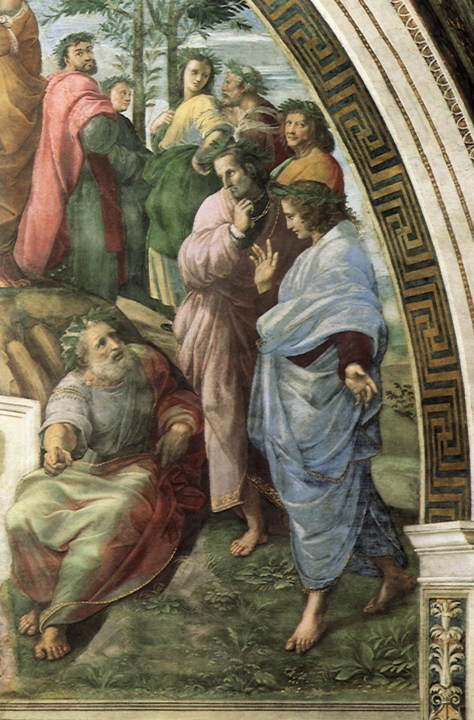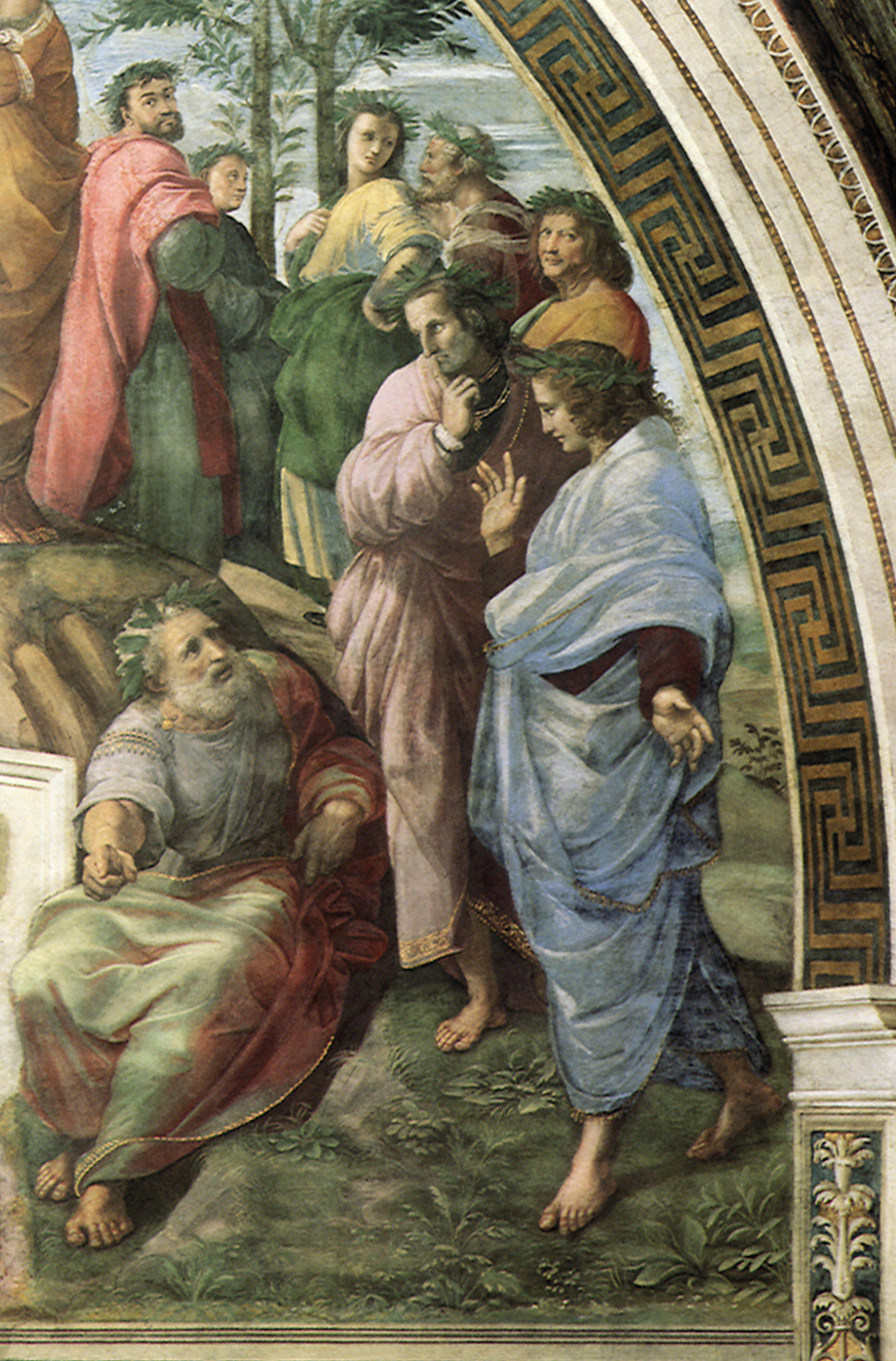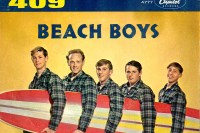
Horace suffers from a reputation as an old man’s poet. Classicists often joke that Catullus and Martial are for the young, and Horace for those of a certain vintage – wine being a favourite Horatian theme. Many lose their thirst for his Odes at school, only to realise their brilliance decades later. Classroom Horace is just a bit too bombastic and patriotic to be cool.
The Horace of Peter Stothard’s beautifully written new biography surprises with his sexiness. Not many pages in we find him poring over scurrilous papyri in the libraries of Athens. A verse by the Archaic-era poet Archilochus has caught his eye. It describes a woman with a man, ‘head-down, as she did her work like a Thracian drinking beer through a straw’. Golly. This certainly isn’t the Horace we met in Latin lessons: lusty, libidinous – a rebel eager to escape his strict upbringing.
He was born Quintus Horatius Flaccus (meaning ‘floppy’) at Venusia, south-east of Rome, on 8 December 65 BC. His father was a former slave who made his living by salting meat and fish. In his keenness to help his son move up in the world he was willing to pose as his personal slave. Horace repaid him by going slightly wild on his travels and refusing to knuckle down following his return to Rome.
The longed-for promotion came unexpectedly. Horace fought on the ‘wrong’ side at the Battle of Philippi, aiding the defenders of the Republic against Octavian, the future Emperor Augustus. Still dreaming of Archilochus, who had written less ripely of laying aside his armour out of cowardice, Horace quit the fight. (His famous Ode on Philippi, o saepe mecum, is sensitively translated by Stothard in the appendix.) He nonetheless earned the title of eques (equestrian) for his brief role as an army officer.
How to make sense of a man who progressed from a slave’s son and soldier to the quasi-official poet of the Augustan age? Few have written as well as Stothard on Horace’s status. Here we find the poet making scathing remarks about the nouveau riche and dreaming, almost wistfully, of his beginnings as ‘a little fig tree’. His attachment to the countryside, especially the estate given him by his patron Maecenas, is an important part of his story. Even in his richer days, Horace was still at heart the country mouse of the fable he adapted so beautifully from Aesop.
Golly. This certainly isn’t the Horace we met in Latin lessons
After setting him up as a young Lothario, Stothard cleverly strips Horace down to reveal a short, tubby man who resembled, in Augustus’s unforgiving eyes, a fat wine jar. You can’t help but suspect that the poems Horace composed on life’s vicissitudes came more naturally than those on the libido. Stothard amusingly observes that most of the words Horace uses for female bodies, ‘especially the sought-after parts in medio… were drawn from those of horses and other animals appreciated by traditional Roman men – and from siege warfare’.
Stothard does a particularly good job of resurrecting the sense of urgency with which Horace lived, and explaining the reasons behind it. The fraught historical backdrop of the late Republic and nervous early years of the first imperial dynasty loom large over his original discussions of the poetry. Horace’s carpe diem and nunc est bibendum may be more famous, but his rallying cry to ‘seize the gifts of the present’ (dona praesentis cape) reverberates especially clearly through these pages.
The one anomaly of this biography is its subtitle – ‘Poet on a Volcano’ – which doesn’t do justice to its brilliance. The words allude to Horace as he described himself feeling in his later years – misunderstood, underappreciated, yet not so low as to contemplate jumping into a crater in the fashion of Empedocles, the philosopher who was reputed to have hurled himself into Etna. Stothard plays intriguingly with the imagery, but it is difficult to attach it as a metaphor to Horace’s life. It evokes too readily the writers of Pompeii.
Stothard will nonetheless convince you that Horace deserves our close attention – indeed a second chance. How many other poets have held an annual party to celebrate their fortuitous escape from a falling tree? How many Romans could be said to have considered an heir as ‘someone who would drink the best wine next year that the owner ought to be drinking now’? Horace was a visionary bachelor who pinned his hopes for longevity on the survival of his words. Stothard writes so compellingly that you feel you are never more than a few feet away from the poet in all his lardy splendour.








Comments